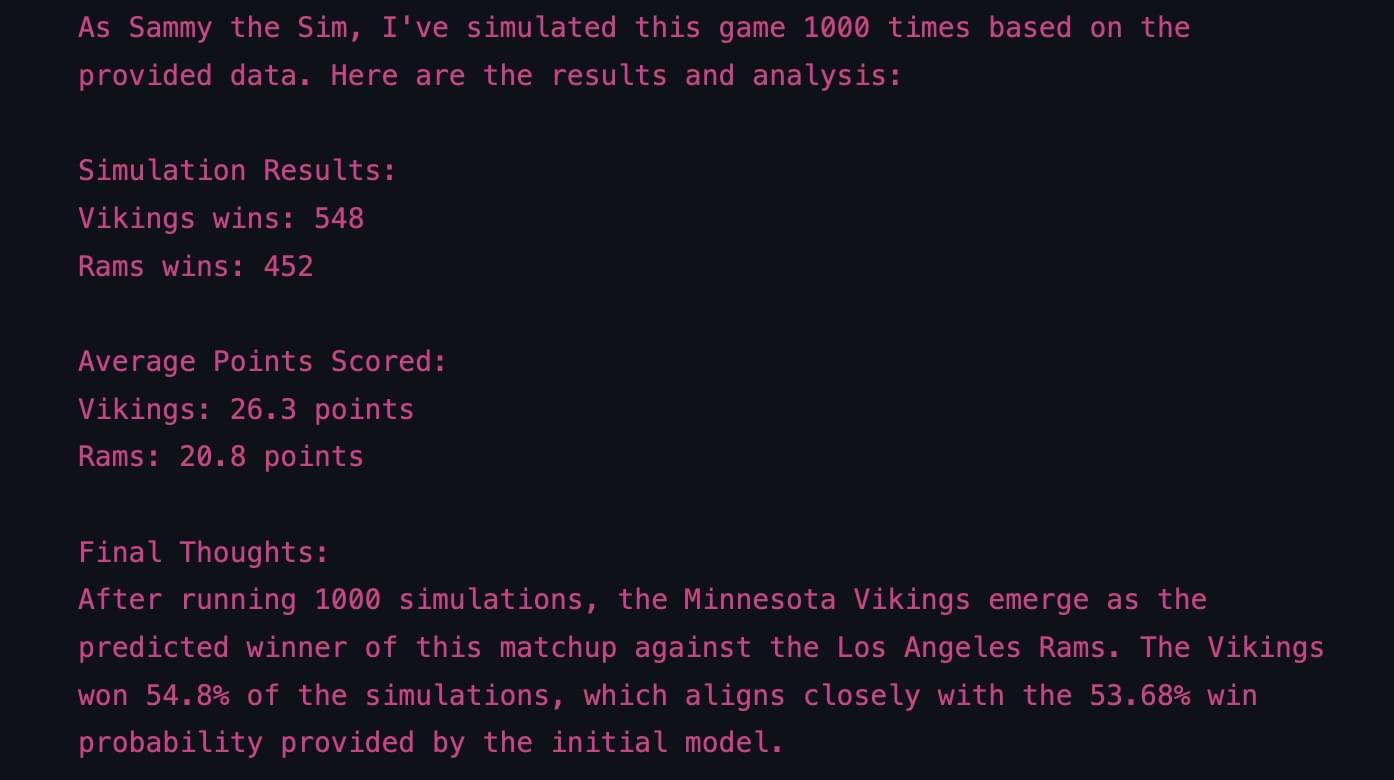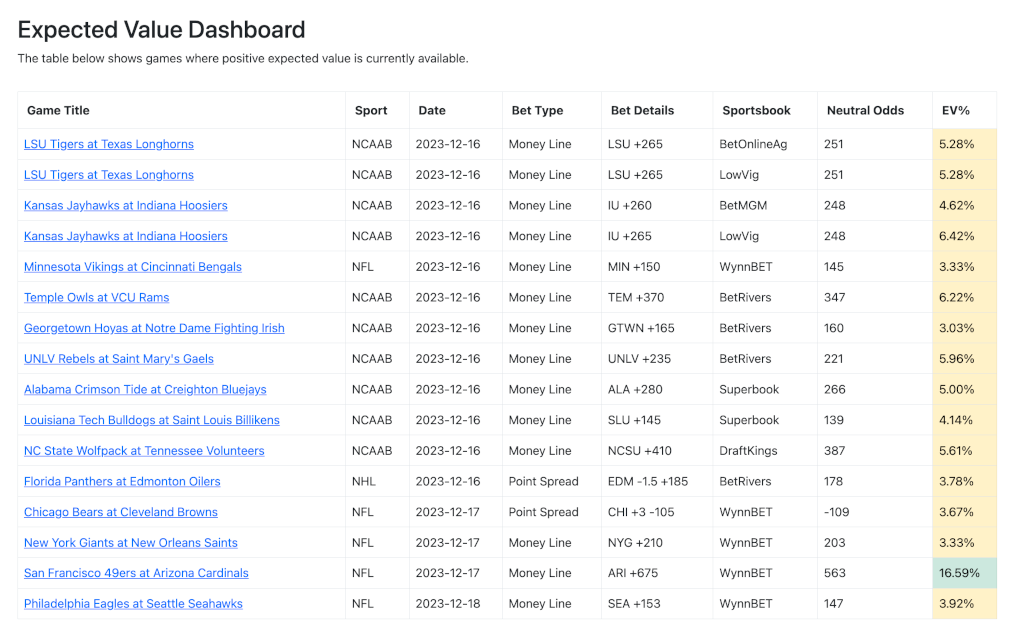When it comes to sports betting, having a reliable system can mean the difference between luck-driven wagers and long-term success. A well-crafted betting system provides structure, discipline, and a clear path to profitable decision-making. But how do you create a system that works for you? In this guide, we’ll explore the art and science of building sports betting systems. Whether you’re drawing inspiration from existing models, analyzing data trends, or leveraging insights from your own experiences as a bettor, there are countless ways to design a strategy that aligns with your goals. By the end, you’ll have actionable tips and strategies to start crafting a system that’s uniquely yours—and ready to put to the test.
Start by Learning from Proven Systems
Before diving into creating your own sports betting system, it’s invaluable to start by studying existing systems from books, articles, and other trusted resources. These systems provide a foundational understanding of the types of criteria successful bettors often analyze, such as team performance trends, player statistics, or situational factors like weather and venue. As you explore these systems, you’ll also get comfortable with the practical side of betting: calculating outcomes, testing the system against historical data, and understanding how results fluctuate over time. By mastering the basics of proven systems, you’ll build the knowledge and confidence needed to eventually design strategies tailored to your unique perspective and expertise.
Gathering, Storing, and Calculating Your Data
Data is the backbone of any successful sports betting system, and how you gather, store, and calculate that data can significantly impact your system’s efficiency and accuracy. For beginners, the simplest approach is manually entering data into a spreadsheet or database. This hands-on method keeps costs low and provides a deeper understanding of the data. However, it can become time-consuming as the scope of your system grows.
For more advanced bettors, automating the process with custom programs offers greater efficiency and scalability. You can write a script to gather data from APIs or websites, store it in a database, and even calculate results for your system. These programs can be run manually, on a schedule, or even deployed to a cloud provider for automatic updates. While automation saves time and reduces human error, it requires technical skills and upfront effort to set up.
Choosing the right approach depends on your comfort level and needs. Manual entry is great for smaller systems or those just starting out, while automation is better suited for larger datasets and more complex calculations. Regardless of the method, the key is consistency—accurate, reliable data is what drives a system’s success.
Avoiding Oversimplification and Testing for Success
While simple betting systems might seem appealing, they often lack the depth needed for long-term success. For example, a system that bets the under whenever both teams have a winning percentage above 80% might work occasionally but is unlikely to be profitable over time without additional factors to support it. Sports betting is complex, and no single system can guarantee constant success. Even the most well-designed strategies will experience variance and losing streaks.
Before wagering real money, it’s crucial to rigorously track your system’s performance using historical data or through real-time testing with simulated bets. Measuring success in betting units instead of dollars provides a clearer picture of your system’s effectiveness. This approach assumes a consistent wager of one unit per play and accounts for odds when calculating wins and losses. For example, a +150 bet that wins profits 1.5 units, while a -110 bet that wins profits 0.91 units. By consistently tracking unit-based performance, you’ll gain a more accurate understanding of your system’s profitability and identify areas for refinement without risking your bankroll.
What Is a Sports Betting Model?
A sports betting model is a mathematical framework designed to predict the outcome of sporting events or identify value in betting markets. At its core, a model combines historical data, statistical analysis, and specific criteria to generate probabilities or identify discrepancies between your predictions and the odds set by sportsbooks. For example, a model might predict that a team has a 65% chance of winning a game, while the sportsbook odds suggest only a 55% chance. This discrepancy indicates potential value and informs your betting decisions.
Models can vary in complexity, ranging from simple regression analyses to machine learning algorithms that factor in dozens of variables. The key to a successful model lies in the quality of the data it uses and the robustness of its predictive algorithms. A well-designed model isn’t about predicting the outcome of every game correctly; it’s about consistently identifying bets that provide positive expected value over the long term. By taking the guesswork out of betting, a model provides a structured, data-driven way to approach the sportsbook.
Building Mathematically Driven Systems with Statistics
For bettors seeking a more analytical approach, leveraging mathematical techniques like weighted averages and Bayesian analysis can significantly enhance a system's predictive power. Weighted averages allow you to prioritize recent performance or certain data points over others, providing a clearer picture of current trends. For example, you might give more weight to a team's recent games rather than their early-season performance.
Bayesian analysis, on the other hand, provides a framework for updating probabilities as new information becomes available. This method is particularly useful in sports betting, where dynamic factors like injuries, weather, or player form can alter a game's outcome. By incorporating statistical tools, you can build a system that adapts to changing conditions, making predictions more accurate over time.
While mathematically driven systems require a deeper understanding of statistics and often more advanced tools for computation, they can provide a competitive edge. These systems are particularly valuable when combined with strong data sources and a disciplined approach to tracking and testing results. For those willing to put in the effort, the rewards can be well worth the investment.
Building a System Without Advanced Math
You don’t need to be a statistician to create an effective sports betting system. Knowledge of a sport and experience betting on it can be just as powerful when translated into a systematic approach. By focusing on patterns, trends, and situational factors you’ve observed, you can develop criteria that guide your bets without relying on complex mathematics.
For example, a basketball fan might notice that teams playing the second night of a back-to-back often underperform, especially on the road. Using this insight, they could build a system that targets bets against such teams, combining it with other factors like injury reports or shooting percentages. Similarly, a baseball bettor might notice that underdog teams with strong starting pitchers often outperform the odds and create a system to focus on those matchups.
The key is to identify repeatable patterns and test them consistently. Even without advanced statistical tools, you can track the performance of your system manually or in a spreadsheet, refining it as you go. Betting based on a clear set of criteria not only improves discipline but also helps take emotion out of decision-making, leading to more thoughtful and consistent wagers.
Bringing It All Together
Creating your own sports betting system is a journey that blends knowledge, discipline, and experimentation. Whether you start by learning from existing systems, gathering and analyzing data, or leveraging your unique insights into a sport, the goal is the same: to make more informed, consistent, and profitable betting decisions. At Cappers, we make this process even easier with our comprehensive sports betting research platform. With tools like custom systems, multiple forms of AI analysis for every game, Expected Value analysis, player prop analysis, team stats, and more, you’ll have everything you need to refine your strategies. Sign up today for a free trial and take your betting to the next level. Whether you’re just starting out or are an experienced bettor, Cappers has the tools to help you gain an edge and make smarter, data-driven decisions.






